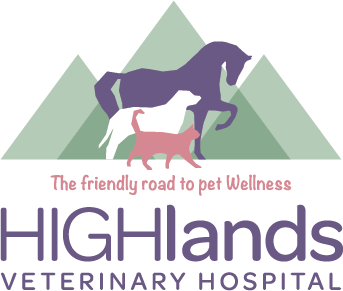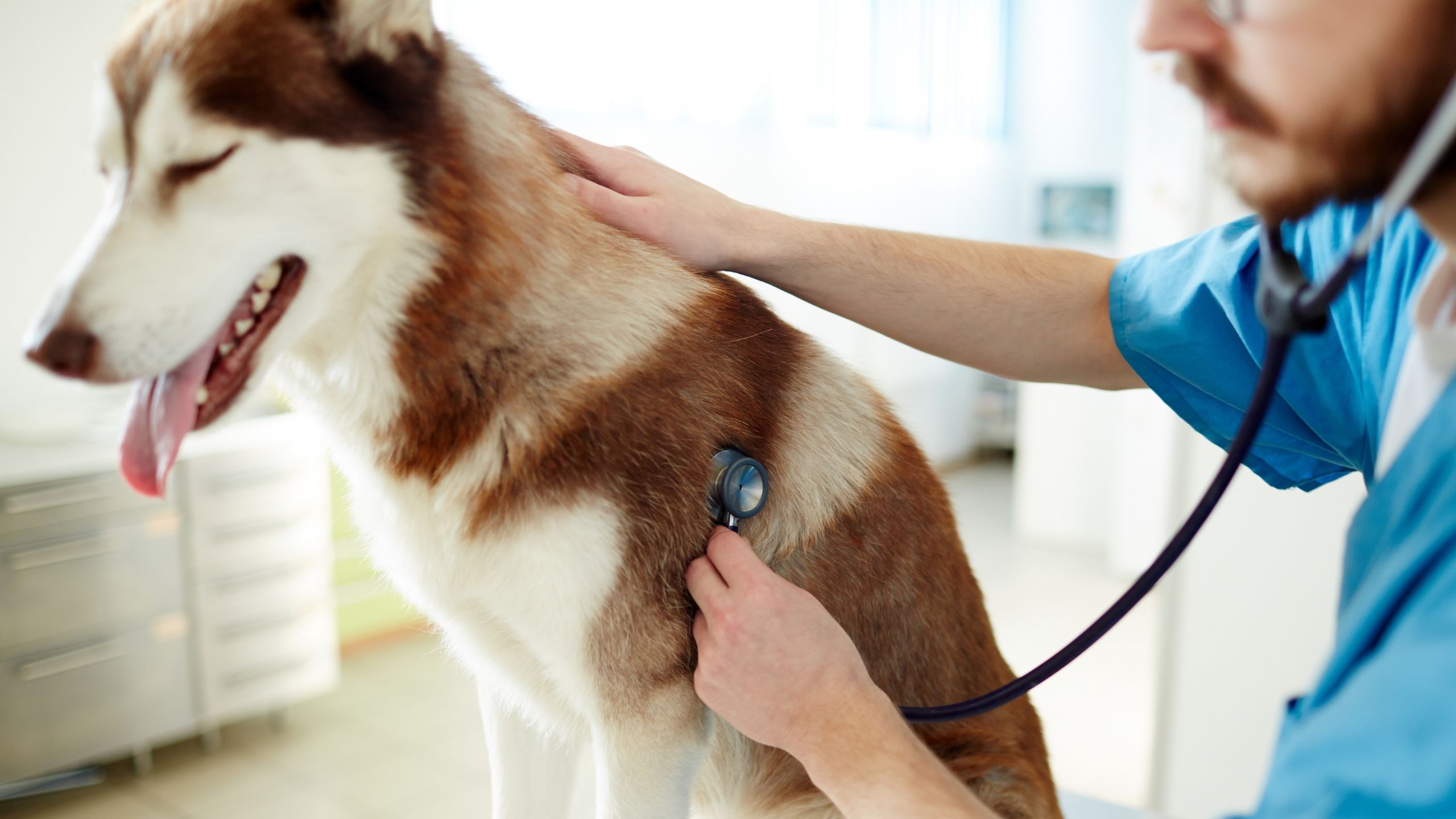Value for Service
Shopping around for veterinary services can be a worthwhile exercise. However, there are some important considerations when deciding on the right practice for you. Here’s some information to help you evaluate the service offered so you can make an informed decision about the safety and comfort of your pet as well as determine value for money!
Consultation
Many veterinary clinics will only allocate 10 minutes for a consultation with the vet. At HIGHlands Veterinary Hospital we will allocate a minimum of 15 minutes so that we can develop a relationship and even become friends with you and your pet. This is important so that your pet feels relaxed and comfortable in the veterinary clinic setting. This will also provide enough time to take a thorough history of your pet’s lifestyle and health issues, examine your pet thoroughly and take the time to explain the treatment plan properly.

Microchipping
When a pet is microchipped this involves placing a needle (containing the chip) under the skin, in between the shoulder blades. You can imagine that this would be significantly more uncomfortable than say, the needle used for vaccination – which is comparatively quite small. There are different sized microchips on the market. At HIGHlands Veterinary Hospital, we use the smallest microchip which is specifically designed to cause minimal discomfort to your pet.
Vaccination
The core vaccine for dogs is called a C5 and for cats it’s an F3. There are many different brands of C5 and F3 vaccines available to vets. The C5 vaccine used by HIGHlands Veterinary Hospital is called Canigen C3 and KC. This brand is extremely effective at stimulating a dog’s immune system to reliably produce enough antibodies to provide protection. What about adult dogs? All dogs and cats should have a Comprehensive Physical Examination every 12 months. Remember the 7- to-1 years rule. Many health issues have the opportunity to arise if we fail to schedule these 12 monthly examinations.
As part of this Annual Health Check, your pet will either be titre-tested to check whether their vaccination protection is adequate or your pet will be vaccinated. Together we’ll discuss this with you at the time of your visit. Your visit includes a comprehensive health examination and consultation with the veterinarian, during which he/she will discuss any abnormal physical examination findings as well as the latest preventatives for ticks, fleas, and worms to ensure your loved one is adequately protected.
Desexing and Other Surgery
The desexing operation is a fairly universal procedure across all veterinary practices.
However, there is significant variation in what’s included for the price. For example, not all veterinarians will routinely administer intravenous fluid therapy during anaesthesia. In order to maintain adequate blood pressure, promote normal hydration and to assist organs, such as the liver and kidneys to metabolise anaesthetic drugs every patient undergoing surgery at HIGHlands Veterinary Hospital receives intravenous fluid therapy.
Most practices will offer you a ‘take-home pain pack’ as an ‘extra’ which you need to pay for. At HVH all patients undergoing surgery receive pre-operative, intra-operative and post-operative pain relief at NO extra charge.
Many veterinary practices do not routinely measure blood pressure and end tidal carbon dioxide during anaesthesia. HIGHlands Veterinary Hospital measures both of these parameters as well as oxygenation, heart rate and rhythm, respiratory rate, body temperature and depth of anaesthesia.
Monitoring blood pressure is really important because anaesthetic agents will often reduce blood pressure and this can adversely affect all organs, particularly the kidneys.
If blood pressure readings fall below a certain level, we can combat this by increasing the rate of intravenous fluid administration or by reducing the depth of anaesthesia or both.
If blood pressure is not monitored then how would the vet know if it is low?
Measuring end tidal carbon dioxide is essential in gauging the blood carbon dioxide level and determining if the anaesthetised patient is taking deep enough breaths. Abnormally high carbon dioxide levels can adversely affect both the brain and the cardiovascular system!
Some veterinary practices do not routinely perform a pre-anaesthetic blood test. This test is quick and easy to perform and provides us with important information about your pet’s blood cell count, liver and kidney health and therefore the safety of the up-coming procedure and anaesthetic. These organs are involved in metabolising anaesthetic drugs, so you can imagine how important it is to know that they are perfectly healthy before general anaesthesia! Often early-stage liver or kidney disease is not detected with even the most thorough physical exam so a blood test will give you peace of mind that everything is OK.
The cost of desexing your pet will depend on the species (dog or cat), sex (male or female) and body weight so it’s best to give us a call so we can give you an exact price.
At HIGHlands Veterinary Hospital the cost includes all of the safety measures mentioned above as well as the following:
- A warm and comfortable hospital bed separate to other animals.
- Pain relief before, during and after surgery.
- A photo sent to your mobile before starting surgery just to let you that your pet is relaxed and comfortable.
- Intravenous fluids.
- A nurse exclusively dedicated to monitoring your pet during surgery and recovery.
- Blood pressure, oxygenation and end tidal carbon dioxide monitoring.
- Our staff will call you immediately after surgery to keep you updated and make a time for you to collect your pet later that day.
- Take-home pain relief to ensure your pet has a comfortable recovery.
- A ‘Recovery’ collar to prevent your pet from licking their surgical wound.
- Unlimited free post-op check-ups. If you’re worried then come on in!
You can call us any time if you have any questions or concerns about your pet’s recovery from surgery.
Desexing is day surgery only so this means you can drop your pet off in the morning and have them at home that evening! We’re open from 8am till 5pm on Mondays through to Friday and because we are not fully staffed on Saturday, routine surgery is not performed on weekends. Hopefully this information will help you make the most informed decision about who should care for your pet. If you have any unanswered questions we’re here to help so please give us a call at (02) 4872 1144!

